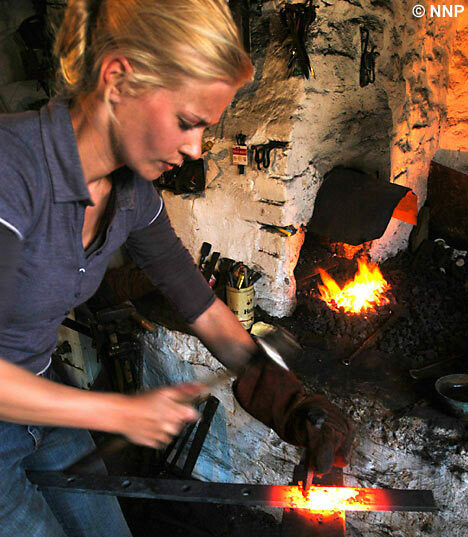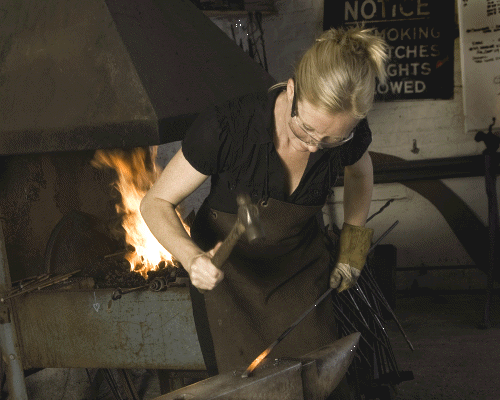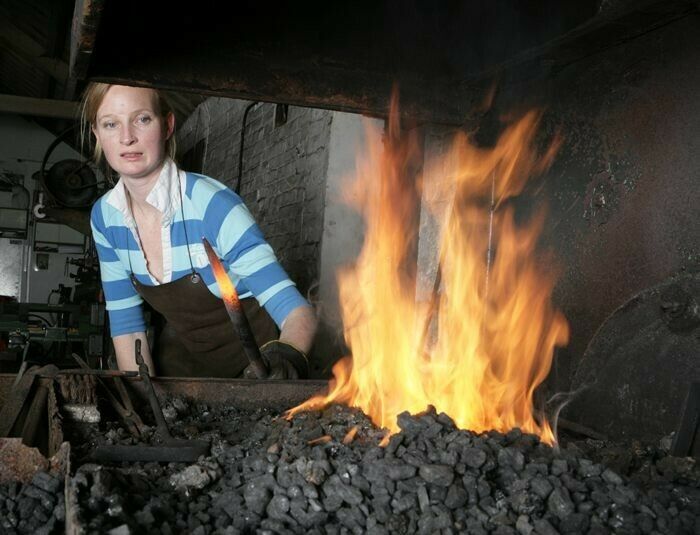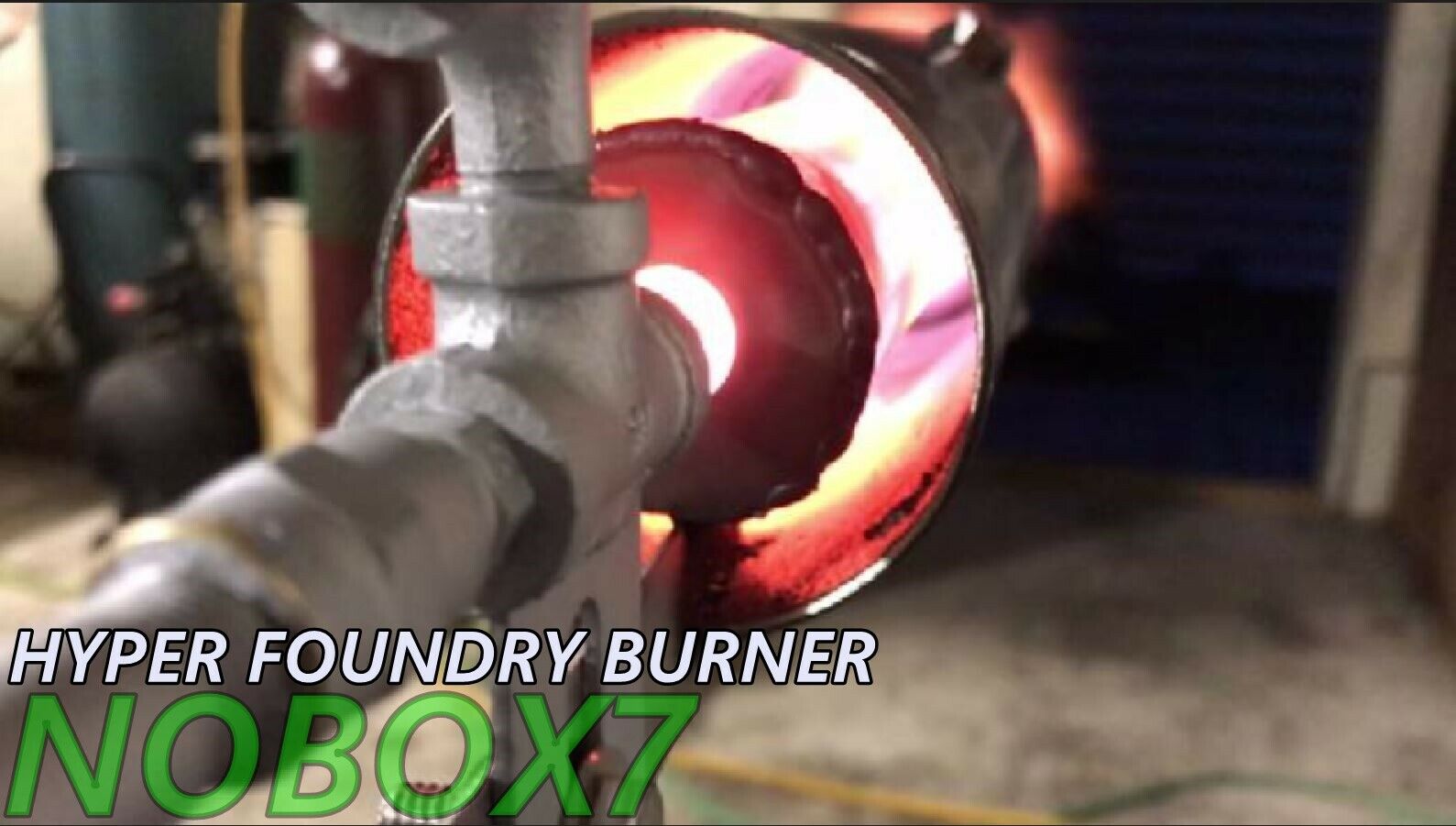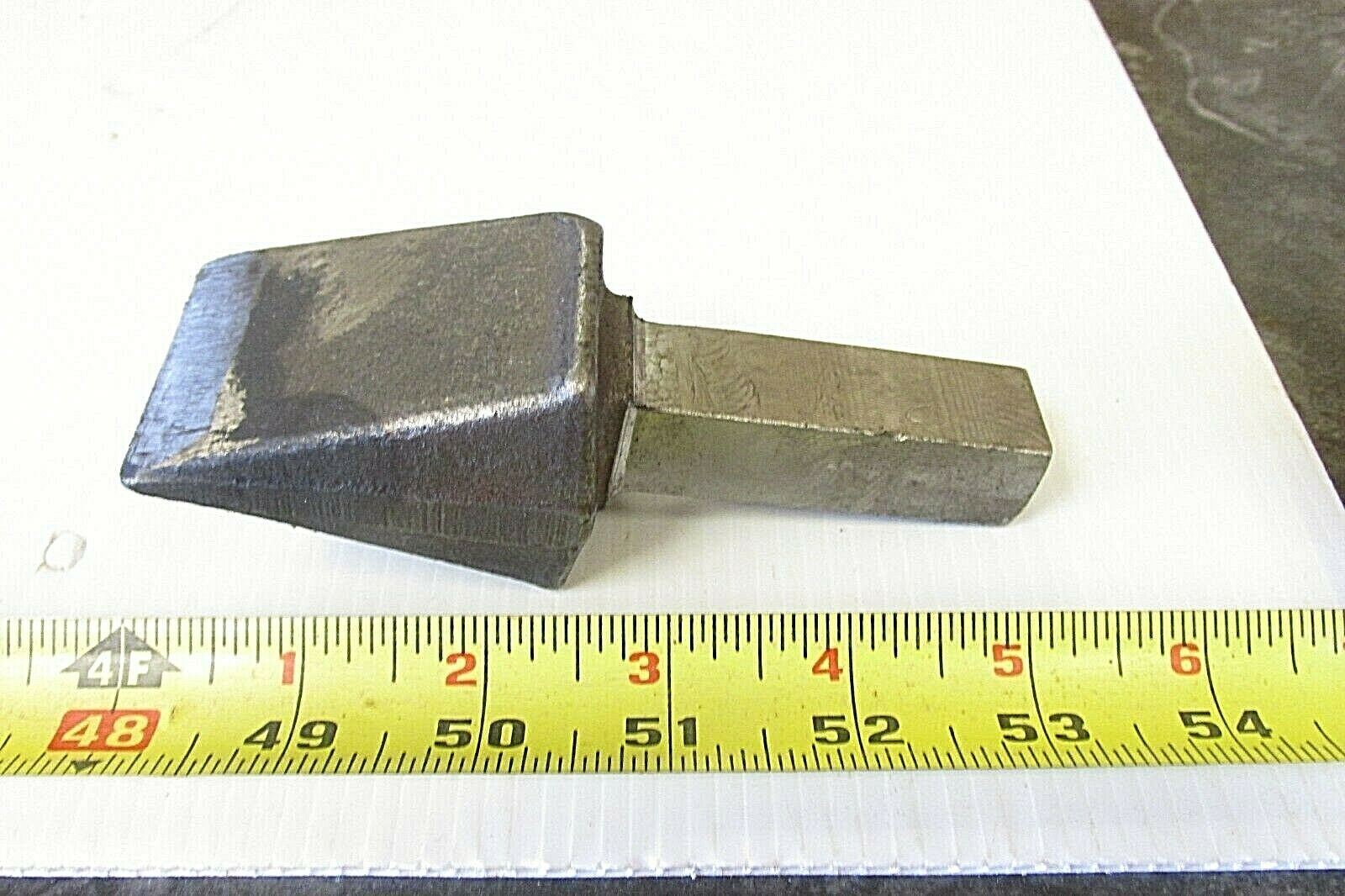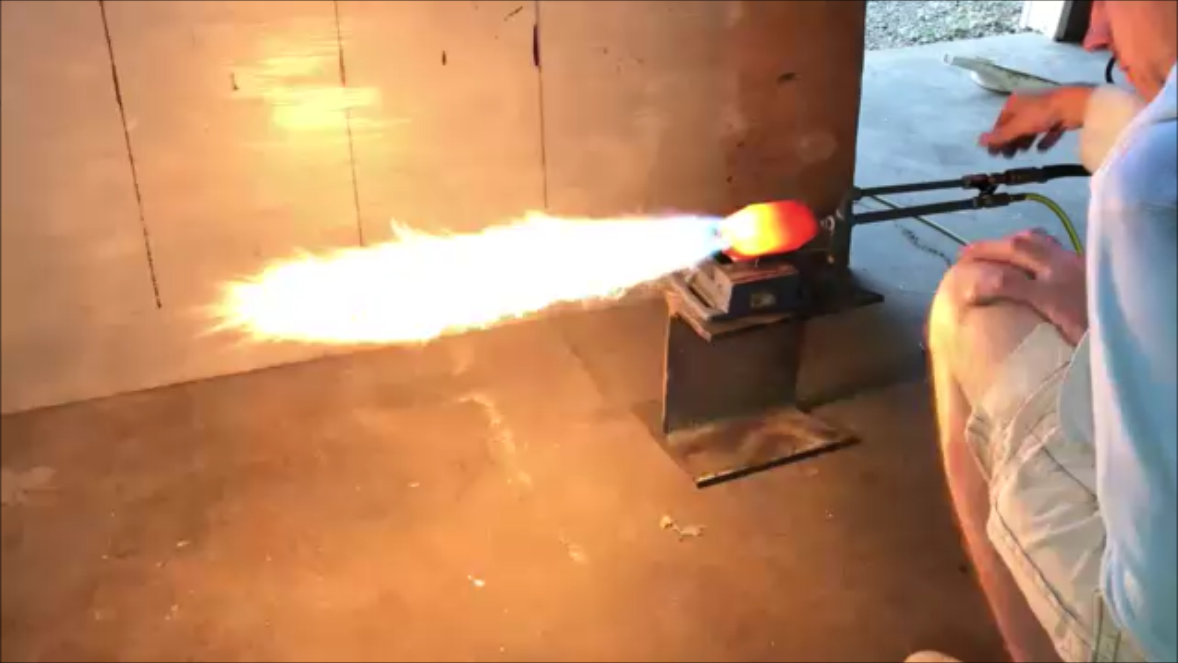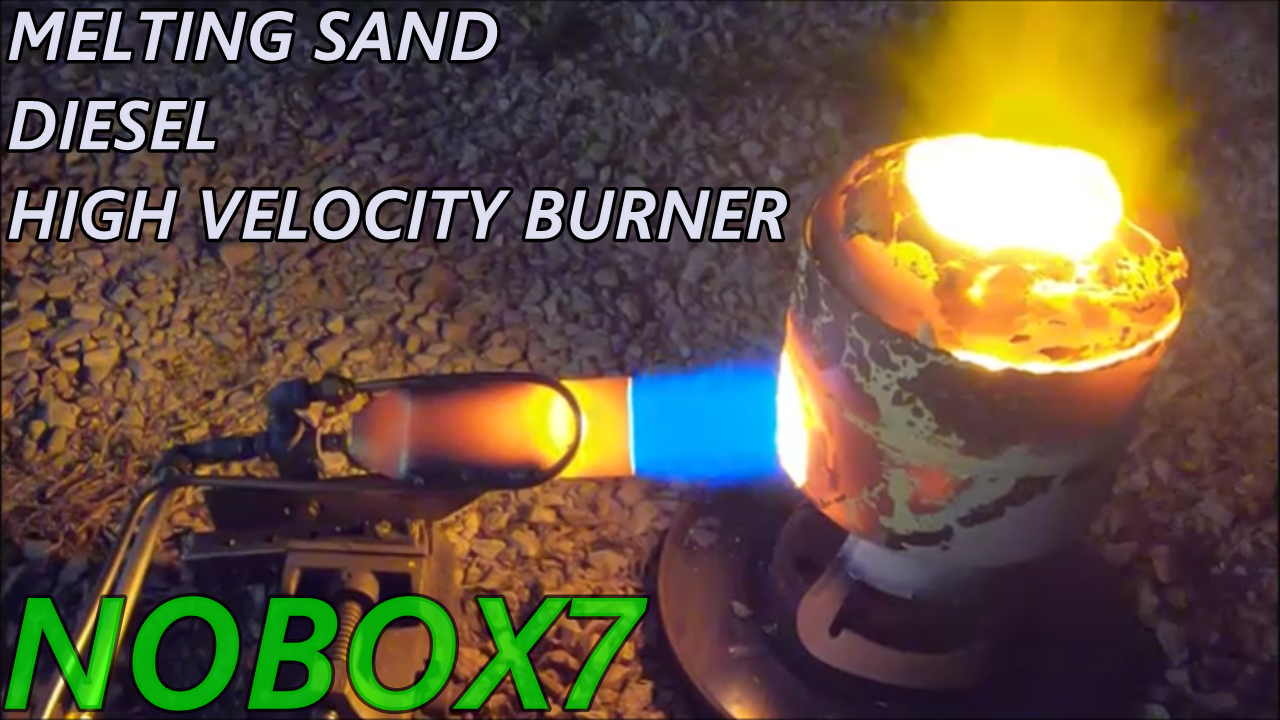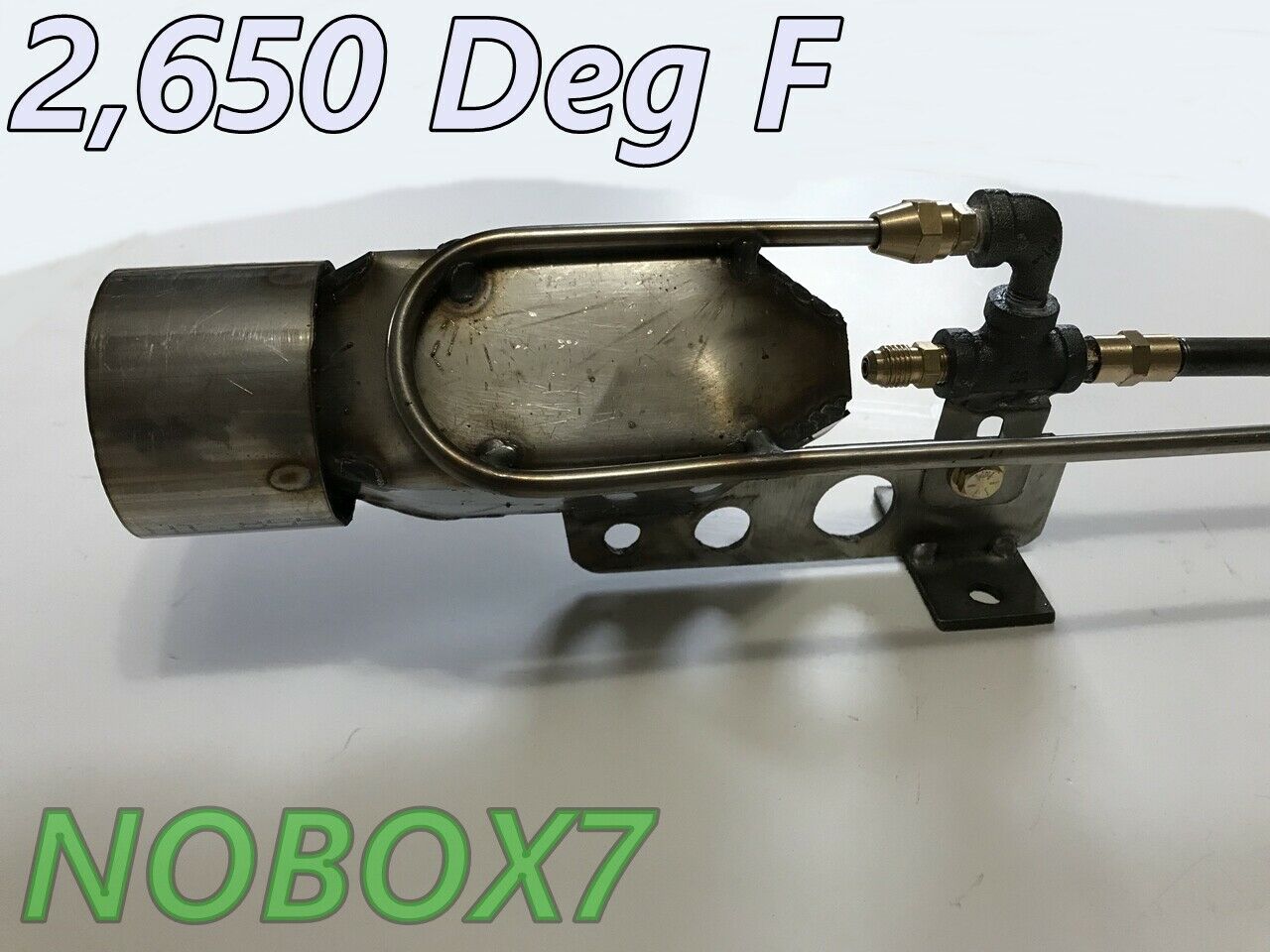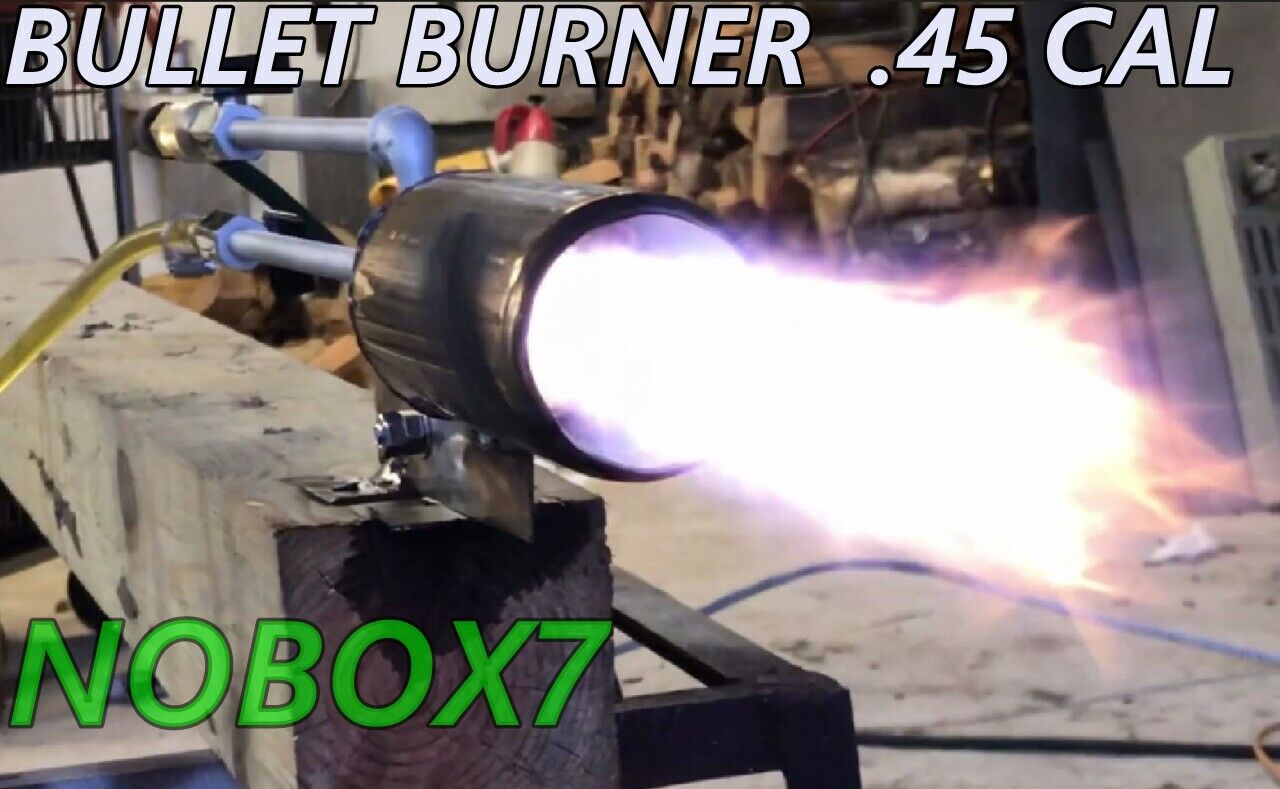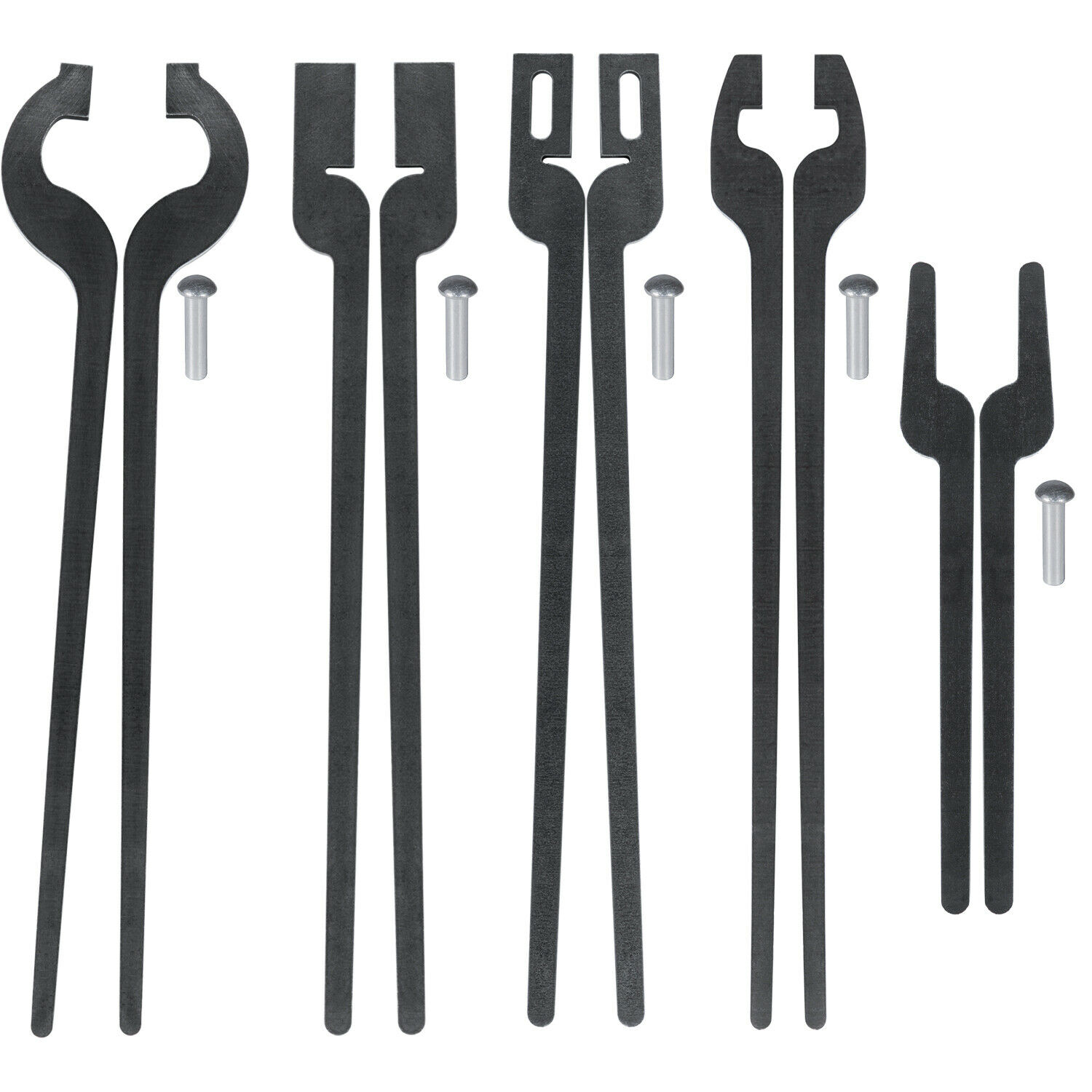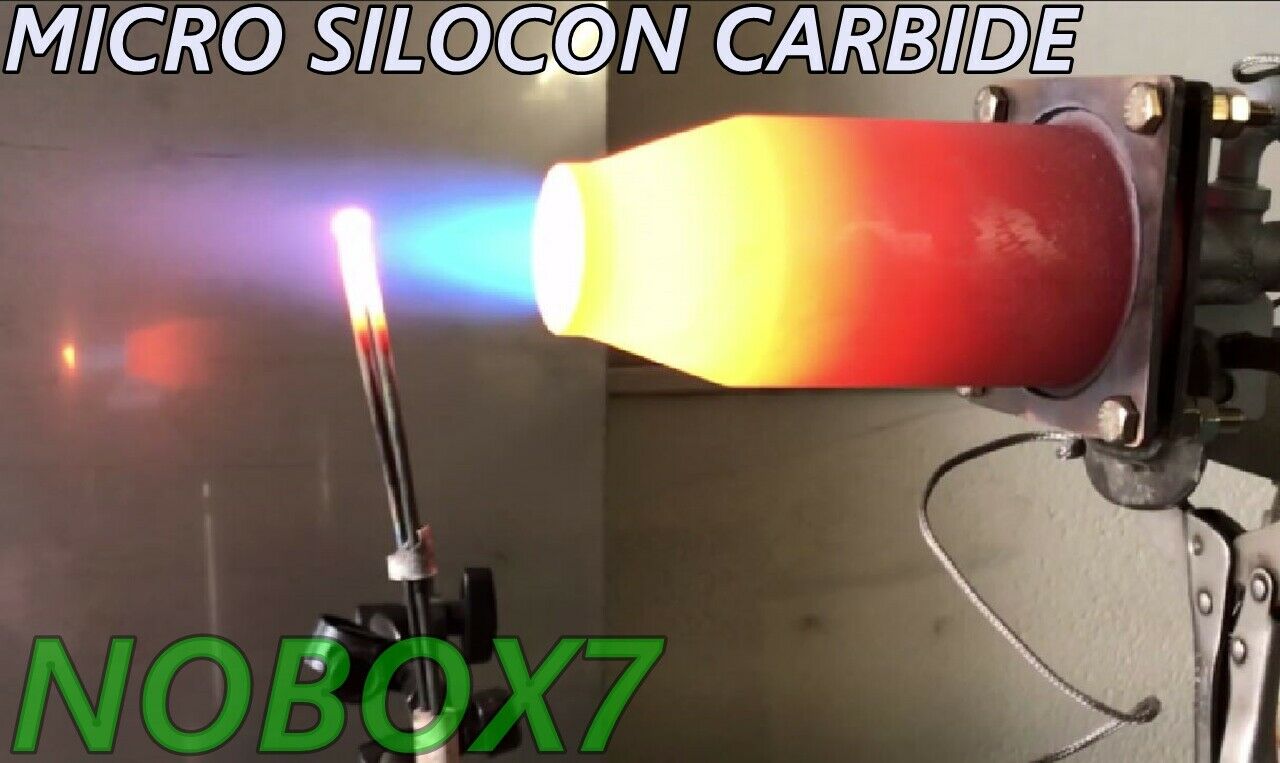-40%
Assay Bar made from the Tailings pile of copper mined in 1865
$ 26.37
- Description
- Size Guide
Description
2 Pounds +++ pure Copper Ingot.It is almost funny that some people go to extremes to get an appraisal, an assay and a certificate of authenticity when buying an ounce of Gold and then go and buy a hunk of copper from a backyard welder melting down scrap copper with who knows the content. Some even melt down pennies before 1985 but fail to realize they are 5% zinc from the mint. That makes the copper .950 purity at best. Some people are just victims. I think PT Barnum said it first and a sucker is born every five minutes. Don't be one of those fooled by the countless ads on cheap copper. Buy it directly from the mines and get a certificate of Assay as well as a signed document of authenticity.
Mining copper is not cheap. During the 1849 California Gold Rush, copper wasn't worth much before the age of Electricity and Electronic gadgetry. They simply threw the copper on a tailings pile. Today, those tailings piles are a rich resource of never used copper. It still takes scientific methodology to gather the ore and separate the copper.
First, the
ore
is treated with dilute sulphuric acid. This trickles slowly down through the
ore
, over a period of months, dissolving
copper
to form a weak solution of
copper
sulphate. The
copper
is then recovered by electrolysis. This process is known as SX-EW (solvent extraction/electrowinning).
This method is not cheap and if you do a google search you will see that most in-house Geologist and Assayers make about 0,000 per year salary from the mines. That is about per hour. The copper is purified to 99.99% by electrolysis. The production route described above shows the progression from a rock containing about 0.2% copper to a copper cathode of 99.99% purity. The process removes any impurities. The copper is then assayed in house and a certificate is issued guaranteeing purity and weight. A seal is attached and signed by the assayer backed by the mine.
The Copper bar you will receive comes from the Vulture Mine Tailing in Wickenburg Arizona. The tailing pile was mined in 1865 and simply discarded until 1988 when a large portion of the tailings, some 100 tons was purchased by a Religious School, the Arizona School of Mining Technology and their Blacksmith Department to train students in the art of recovery of metals. The school has a limited enrollment as due to the inherent dangers of high temperatures and molten metal, only one student per instructor (mentor) is allowed. It goes all the way back to the 1800's when most of the professions were trained by an apprenticeship program. Even Abe Lincoln did not go to law school but was trained by a mentor as were the printers under Ben Franklin. To defray the cost of tuition since no government money is allocated to the school, the students use their classroom projects to sell to offset their cost of their education. It takes about ten hours to make one of these ingots from start of gathering, processing and crushing the ore, to pouring it in a foundry. The final step is hand grinding the bars by use of a hand cranked spinning wheel to grind down the burs from the pouring process.
Once the students complete their assignment, it is turned over to the Mine Assay Office where it is tested for purity and weight and a certificate of Assay is issued and stamped. It is then sent back to the school where a certificate of authenticity is issued and signed. At minimum wage, each bar would cost over 0. The labor is free, the copper is free from the tailings and smelting, pouring and finishing are all part of the training process for mineralogy, Geology and Blacksmithing for the final product. Mineralogy is
the study
of the chemistry, crystal structure and physical properties of the
mineral
constituents of rocks. It is an important subject and your purchase contributes to the education of the students. Thank you for your support.




